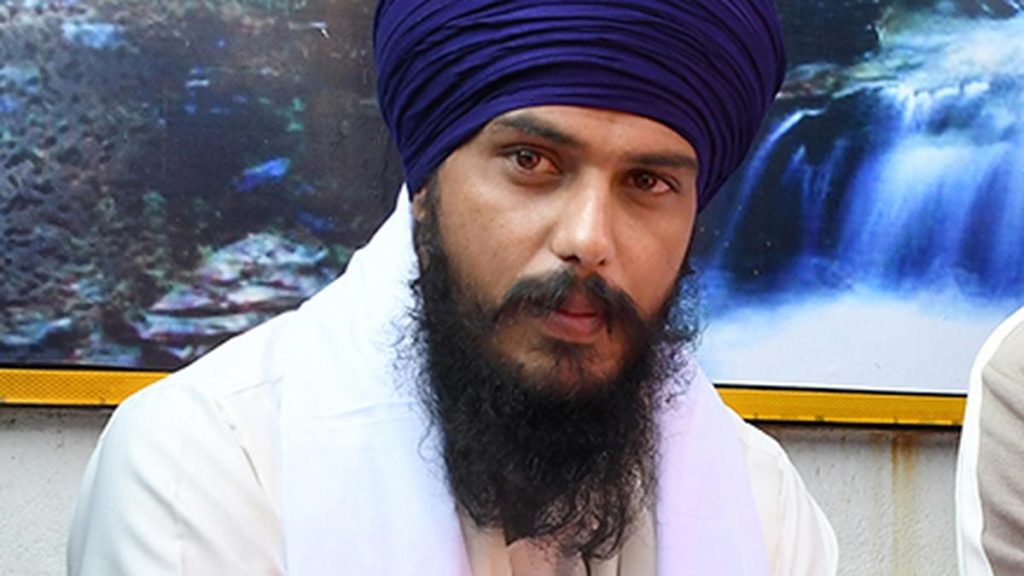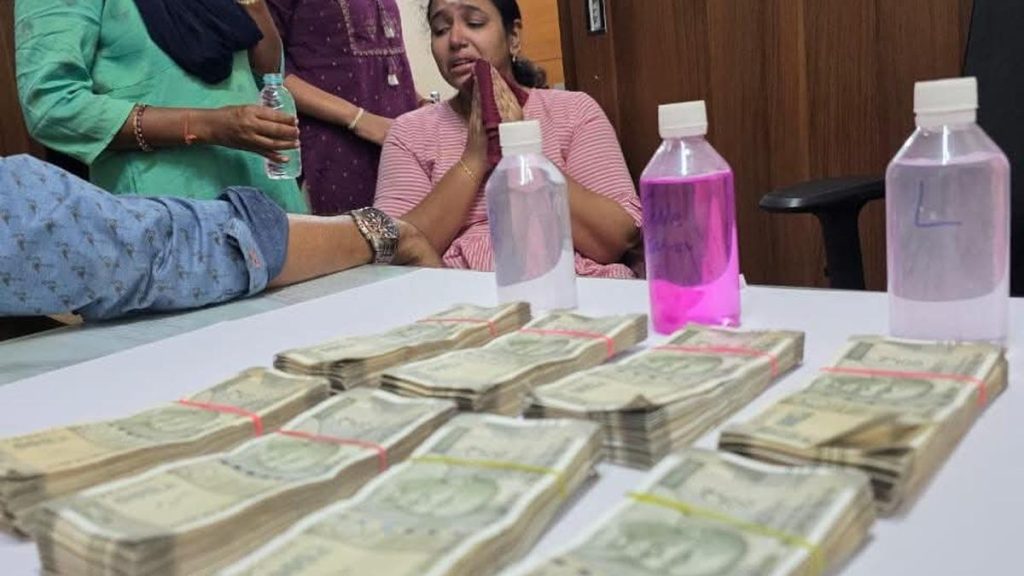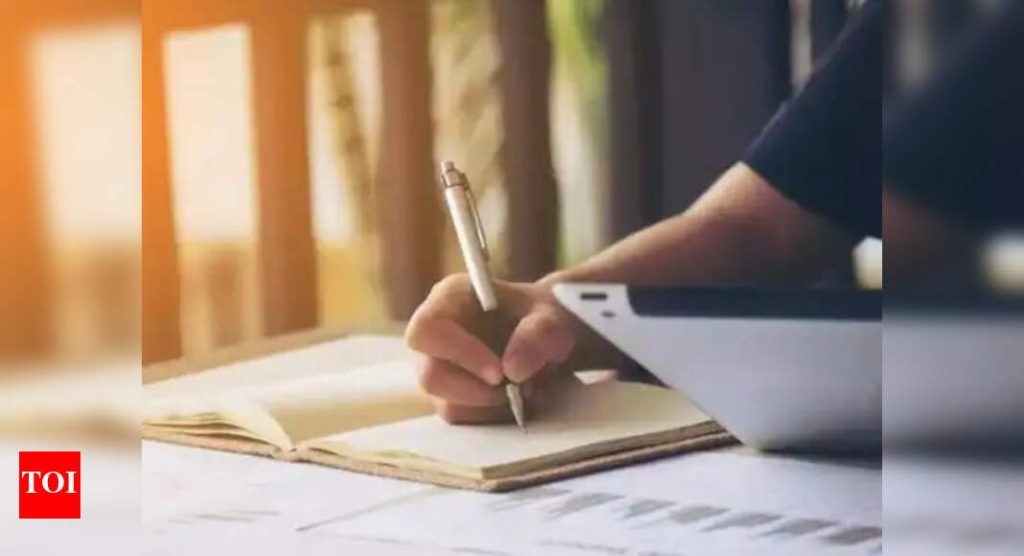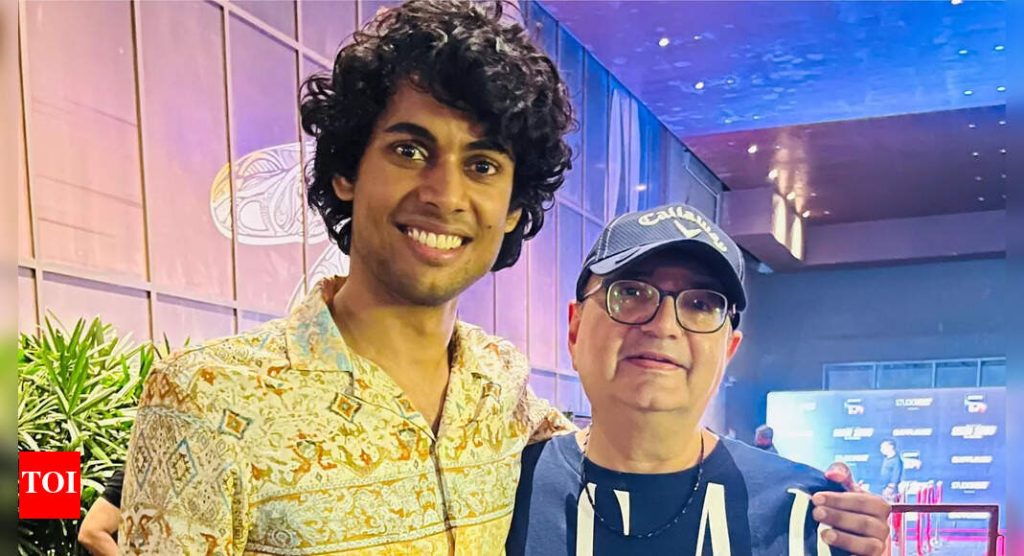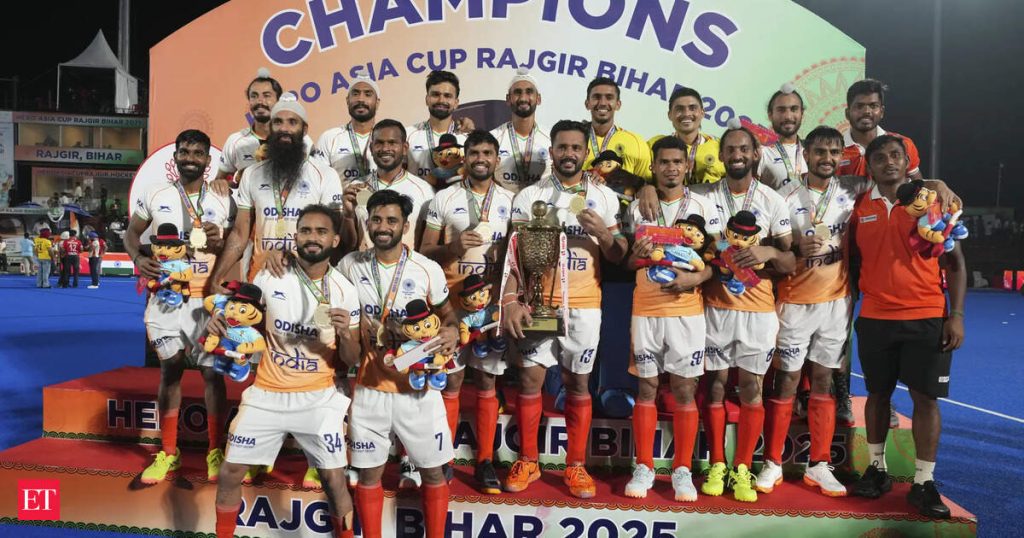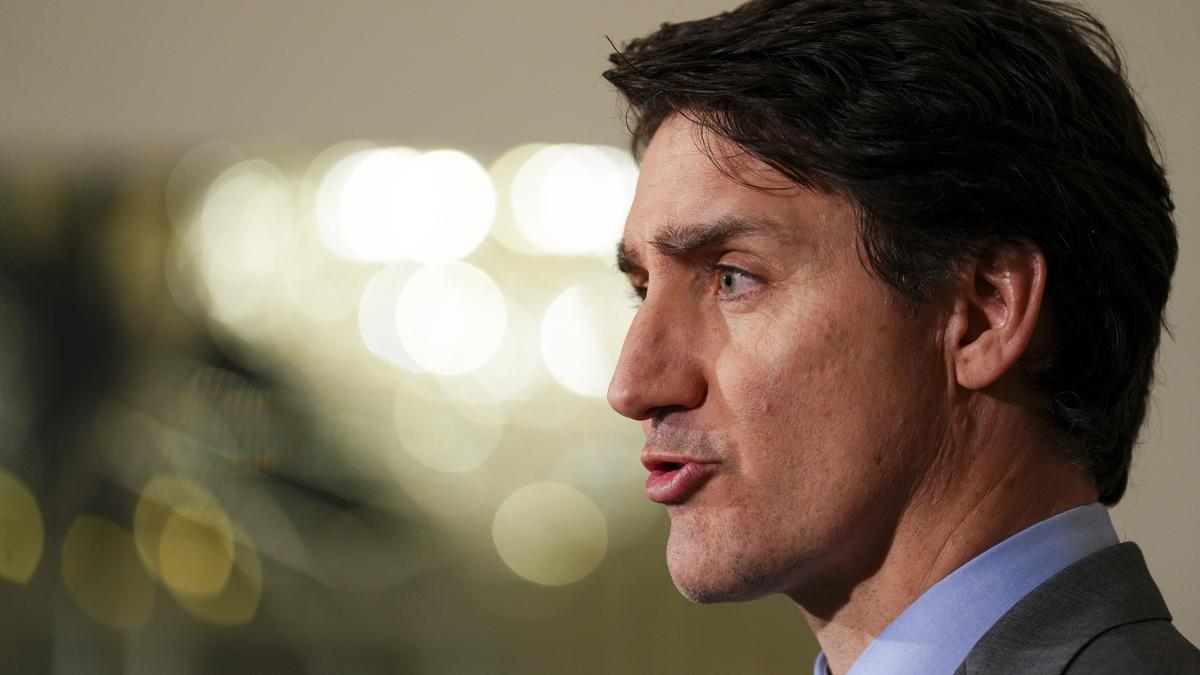Now Reading: Global Tensions Rise: Eyes on India’s Stance Amidst Shifting Alliances
-
01
Global Tensions Rise: Eyes on India’s Stance Amidst Shifting Alliances
Global Tensions Rise: Eyes on India’s Stance Amidst Shifting Alliances
Bengaluru is the latest destination for BBC World Questions, a series of monthly international debate programmes recorded on locations around the world with a live audience. The programme that will be recorded on March 4, 2025, at the Bengaluru International Centre is expected to witness conversations around challenges of economic growth, public services, workers’ rights, A.I., and the environment.
The programme is chaired by Jonny Dymond, who is also the royal correspondent at the BBC. Dymond and Helen Towner, the producer of the show, share with The Hindu what they expect to see at the Bengaluru edition of the programme, what the role of a royal correspondent entails and thoughts on the changing international dynamics.
What is the ‘behind the scenes’ of BBC World Questions programme like?
Jonny Dymond: As far as choosing a place, the fundamental is that it has to be a democracy. There are obviously degrees of democracy and democratic freedom. But it needs to have a relatively free press, a relatively fair judiciary and democratic elections. And then there is the discussion of representing the world fairly. We go to quite a lot of small countries, largely, because their voice is not heard as much around the world as that of bigger countries.
The programme itself has about a million moving parts. It’s really important to make sure there’s proper balance across the panel.
The critical part of the show, the thing which makes it different from a lot of other debate programmes, is the audience. We record with a live audience and the questions come from the audience. They come in, write out their questions, and there’s a frantic hour or so in our production office when hundreds of questions pour in. We line them all up in terms of topics and we try and do a fair representation. We will choose the questions, but the questions always come from the audience. That is when you get some idea of the real concerns of the country.
We are well aware that our audience is not a perfect cross representation of a country. People have to speak and understand English because we carry the debates in English. That means it’s going to be a certain group of people. And obviously we do it in cities, generally in capital cities. But you get some idea of the concerns of a country.
I like to think that getting questions from the audience makes it different. Obviously, the fact that we’re coming in from the outside, looking in from the outside, and broadcasting around the world will give it a different flavour as well.
There are two things that are really interesting about the questions coming from the audience. One is the questions that bind the world together. Questions about the environment, cost of living, law and order, migration…they come up time and time again, wherever you are.
What you don’t get is amazing too. You’ll go to a country with your great preconceptions. And then nothing happens. It’s all about remembering that you’re not as clever as you thought you were. But it’s really refreshing.
Your first programme in India was in Delhi in 2018. When you come to Bengaluru, do you have a different set of expectations?
Jonny Dymond: I wouldn’t prejudge. I am very much aware that India is many many different kinds of places. I’m also aware that Bengaluru is part of the new and rising high-tech India. I would be surprised if we didn’t get some different questions. I would also be surprised if we didn’t get some of the same questions. The world is actually more unified by its concerns than it is divided.
Helen Towner: I think the south is quite different to the north. In Delhi, there were questions about pollution, jobs and fake news. I’m sure two of those might come up. I hope that there will be a young audience. Things have moved on since 2018 when we were in Delhi. You might get questions about artificial intelligence, jobs in the IT sector, quality of those jobs…
But we’re also thinking about what is of interest to the global audience. So, we’re going to try and have a mixture of local issues, hopefully to give a sense of place where we are.
What is it like to be the royal correspondent at BBC?
Jonny Dymond: It is the strangest job I have ever done at BBC. The institution is pretty curious. It’s meant to be strange, different, it’s not meant to be the ‘everyday.’
When I started the job in late 2017, I thought of it as a strange institution, and an even stranger job. I’ve been extraordinarily fortunate because it’s been amazingly busy with very high-profile things, from Harry and Meghan getting married and then leaving the royal family, and Prince Andrew being embroiled in terrible scandal, and the deaths and the coronation… There is no story that is so interesting to the outside world about Britain than royalty. It has an amazing purchase on people’s minds.
It is not a universally loved institution. But a significant proportion of the population embraces the story, the institution, the events around it… And in a country that is very heterogenised and diverse it is a unifying story and a unifying institution.
To be a royal correspondent of the BBC at the time of the death of her late majesty was an extraordinary thing and extraordinary privilege as well, but to see up close these hundreds of thousands of people simply wanting to be there and be close to these events was amazing. It’s an incredible role, one which has been much more satisfying than I thought it would be when I started it.
But is there a growing criticism against the institution in terms of the wealth it holds, the cost to maintain the monarchy, and the whole idea of a hereditary head of state?
Jonny Dymond: If you look at the opinion polls, you’ve got around a solid 20% or 25% who would like the monarchy abolished. But critically, they don’t quite say what would go in its place. I would say it is an issue of national narrative, of ripping out 1000 years of history. Yes, there are complaints about wealth, hereditary, legal privileges, ceremonies and so on.
But having one without the other is quite tricky. There is a lot of misunderstanding about the wealth, about what is public and what is private, what the public money pays for. I’m not defending it. Quite often royal correspondents end up sounding as if they are defending the monarchy because they know the details of how the money is spent. It’s still a significant sum, about 85 million pounds a year.
No doubt that it is not universally worshipped. It struggles for relevance and understanding against all the other things that people are interested in. But one would think the new king has brought something different to the job, in particular an understanding of the diversity of Britain, as someone who really gets the fact that Britain is a very, very diverse nation. So, we’ll wait and see. The monarchy has managed to survive a 1,000 years. I wouldn’t bet against it.
You also worked as BBC’s foreign correspondent. How do you evaluate the new dynamics shaping up in international relations in the backdrop of the Ukraine war and the Trump-Zelensky fiasco at the White House, following which European leaders including Starmer offered ‘full backing’ to the Ukrainian President?
It is difficult to remember such challenging times, a time when our understanding of international alliances was so heavily challenged. When you look back at the last enormous chasm which was probably the invasion of Iraq by the U.S. and allied forces, even that didn’t really have the same feeling of realignment that is going on now.
What I think is particularly interesting is where Indias see itself as all these changes occur. Lots of people are watching whether India is aligning with Russia or going to get closer to America or why India doesn’t condemn Russia for the Ukraine war. Maybe the collapse of the Soviet Union was the last time it was this serious. This period is fascinating in general. But in particular to be in India at this time and to find out what Indian leaders think is really really interesting.
Your views on how India-U.K. relations would shape in the coming days with the Keir Starmer government at the helm in U.K.
All I can really say is I hope it is a strong and improving relationship for obvious historical reasons. There are enormous difficulties. There is a lot of very difficult history between the two countries. As someone brought up in a different time – 20-30 years after the second world war – to learn about the real history and then to see Indian businessmen coming and buying up British companies and arguably making them better is amazing. To come to Bengaluru and see this place of ferment is amazing too.


